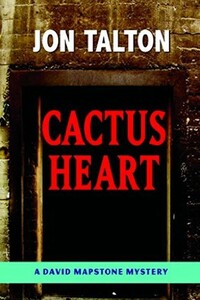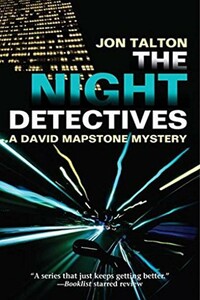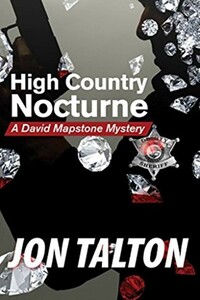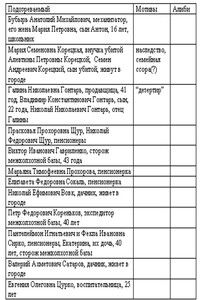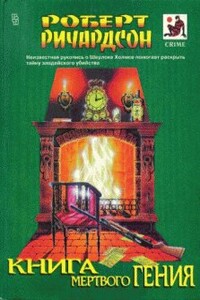“Cheryl Beth’s a cutie. I’d do her.
“You want to do everyone.”
“Why don’t you call her?”
“Because I’m a cripple.”
“You have a serious confidence problem, partner. Nobody’s going to notice that cane. I bet you could use it as a kick-ass police baton.”
Will didn’t answer. Instead, he leaned in the open car door, shifting his body to rely even more on the cane. “Went right into his heart, right between the intercostal spaces.” The shirt showed little more than a trickle of blood. He had bled out inside his body. If the assailant had twisted and pulled out the blade, it would have released a torrent. Will went on, “That’s either major luck, or a lot more care than a random robber would take.”
“So here’s the statement you’re going to give the media. Quit doing my job.”
Will stood and faced Dodds. “That’s not a knife,” he said. “That’s a letter opener. Looks expensive. Maybe sterling silver. I think it’s Tiffany.”
Dodds almost pushed him aside to peer inside the car again. “God damn,” he said.
“Obviously a drug dealer of letters.”
“Whatever. He stole it. Makes a nice weapon, as you can see.”
“What’s that in the back seat.”
“You don’t give up.” Dodds shot him an annoyed glance, then bent into the car again. “Guitar case. So what? He looks like a hippie.
“There haven’t been any hippies for thirty years, Dodds.”
“This is Cincinnati, Borders.”
“Whatever. It’s not a guitar case. Too big. Cello.”
Dodds faced him. “Now how the hell… Oh, yeah, you were a music-fucking-minor in college, weren’t you? That was helpful in the career choice you made.”
“It helps me now.” Will wanted to sit down. His legs were aching and tired. All the muscles he was using to make the walking and standing look normal were stabbing at him. He pushed this aside. “It doesn’t take college to know a cello case.”
“You.” Dodds pointed to a uniform. “What’s your name?”
The young man gave it.
“Tim, I want you to go to the other side. Use these.” He handed the uni some latex gloves. “Open that back passenger door and pull out that case. And do it carefully.”
“Yes, sir,” the young cop squeaked. It was probably his first homicide.
When the cello case was out, Dodds had the uni place it on the trunk of the Lexus.
“You know what they call the color of this car? ‘Starfire Pearl.’ I want one.”
“Not on an honest cop’s salary,” Will said.
“There’s always overtime.” Dodds carefully undid the latches. The case was fiberglass, purple, and well worn. What was inside wasn’t.
“So Mister Music, it’s a cello. You’re right. Now, go get those fucking reporters out of here.”
Will stared at the instrument and didn’t speak for several seconds. “That’s a Domenico Montagnana.”
“So? Sounds like a baseball player from the Dominican Republic.”
“It’s one of the finest cellos in existence,” Will said, a tingle running across his chest. “Yo-Yo Ma plays one. I think he calls it Petunia.”
He stared at the fine wood, the intricate workmanship on the scroll at the top, the neck, and fingerboard. Dodds exhaled heavily. He knew what Will was going to say next.
“Maybe it was dumb luck this didn’t get stolen, like with his wallet. But this is no freshman at CCM.” The College-Conservatory of Music at the University of Cincinnati.
Dodds stared at the ground.
“Music Hall is two blocks away,” Will added.
Dodds waved a finger in his face. “Now don’t try to make this some hoity-toity symphony thing, Mister President. You know as well as I do that most homicides are simple.”
Will smiled mischievously and walked back to his car.
Yes, most were simple. That’s why cops didn’t read murder mysteries or watch police television dramas: they made the business sound too interesting. In real life, the homicide beat was tedious, repetitive, and unexciting. Most victims knew their killers. Drugs were a big motive: A deal gone wrong, a mule stealing from a dealer, a small-time dealer ripping off a bigger supplier. Domestic violence was another common denominator. Husbands killed wives and their new boyfriends, and often finished the job with a bullet in their own mouths. Sometimes wives and girlfriends killed their men.
